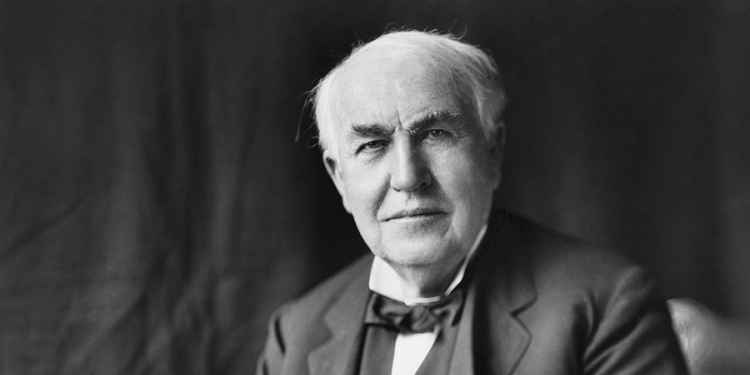
Photo: Louis Bachrach

Photo: Louis Bachrach
This page is more than four years old and was last updated in June 2024.
If you've ever researched Electronic Voice Phenomenon (EVP) then you might have come across mentions of the famous American inventor Thomas Edison and claims that he was working on a device that would allow him to communicate with the dead, but is there any evidence to support this claim?
EVPs are the mysterious sound of disembodied human-like voices of unknown origin that are heard through electronic devices, and when it came to electronics in the 1920s, Edison was at the forefront of development. The prolific inventor contributed to such technologies as the electric light, the phonograph and the nickel-iron battery.
Many paranormal investigators and teams share posts on social media that include claims about Edison's involvement in early EVP research. They often say things along the lines of "before his death, Edison was working on what has been called 'Edison's telephone to the dead', but his work was never completed."
Some go as far as to say that this device was based on Edison's "firm belief" that our consciousness can live on outside the body after death.
The most commonly included quote, and the one that seems to be circulated the most within the paranormal community reads "if our personality survives, then it is strictly logical or scientific to assume that it retains memory, intellect, other faculties and knowledge that we acquire on this earth. Therefore, if we can evolve an instrument so delicate as to be affected by our personality as it survives in the next life, such an instrument, when made available, ought to record something."
The posts claim that these quotes are taken from an interview in the magazine, Scientific American. Some websites give a date of the interview as 1920, others say it is 1921.
Amazingly, despite being 100 years old, you can access back issues of the magazine on the publication's website. So, we decided to go back to the source and find out what Edison really thought about EVPs and life after death.
Checking back through editions of the magazine dated 1920 and 1921, we find three interviews with Edison. The articles 'The Romance of Invention' and 'What Do You Know?' contain no reference to life after death or a telephone to the dead, but in the October 1920 edition of the publication we found an article entitled 'Edison's Views on Life and Death'.
The interview does indeed mention the inventor's thought on the possibility of building a machine that could communicate with human personalities that live on after death. However, the actual quotes in the interview differ from those commonly shared online. The publication date of the edition, October 30th, and its proximity to Halloween may also shed some light on why Edison was being asked about such matters as life after death.
In the article, Edison said "I have been thinking for some time of a machine or apparatus which could be operated by personalities which have passed on to another existence or sphere."
He claimed that "it is possible to construct an apparatus so delicate that if there are personalities in another existence or sphere who wish to get in touch with us in this existence or sphere, that this apparatus will at least give them a better opportunity to express themselves."
Although Edison clearly had an interest in using technology to communicate with spirits, much of the interview suggests that he doubted other methods of spirit communication - he gave unreliable examples as table tipping, rapping, Ouija boards, and mediumship.
Edison went on to say, "in truth, it is the crudeness of the present methods that makes me doubt the authenticity of purported communications with deceased persons. Why should personalities in another existence or sphere waste their time working a little triangular piece of wood over a board with certain lettering on it? Why should such personalities play pranks with a table? The whole business seems so childish to me that I frankly cannot give it my serious consideration. I believe that if we are to make any real progress in psychic investigation, we must do it with scientific apparatus and in a scientific manner, just as we do in medicine, electricity, chemistry, and other fields."
It seems that what Edison was proposing to do was give investigators a more scientific approach to paranormal research than the other more "crude methods" employed at the time. He said, "what I purpose to do is to furnish psychic investigators with an apparatus which will give a scientific aspect to their work."
He described that apparatus as a valve-like device that is capable of massively amplifying even the slightest effort to affect it. This would make it much easier for a spirit to interact with it than sliding a planchette across a Ouija board or tipping a table.
In another article published on October 15th, 1920 in the Canadian news magazine, Maclean's, Edison is quoted as saying "I have been at work for some time building an apparatus to see if it is possible for personalities which have left this earth to communicate with us. If this is ever accomplished it will be accomplished, not by any occult, mystifying, mysterious, or weird means, such as are employed by so-called 'mediums,' but by scientific methods. If what we call personality exists after death, and that personality is anxious to communicate with us who are still in the flesh on this earth, there are two or three kinds of apparatus which should make communication very easy."
In the same publication, Edison is quoted as says, "if our personality survives, then it is strictly logical and scientific to assume that it retains memory, intellect, and other faculties and knowledge that we acquire on this earth. Therefore, if personality exists, after what we call death, it is reasonable to conclude that those who leave this earth would like to communicate with those they have left here. Accordingly, the thing to do is to furnish the best conceivable means to make it easy for them to open up communication with us, and then see what happens."
Despite this, Edison admits in both articles that the supernatural wasn't a specialist subject of his. He tells Maclean's, "I am promising no results", while in Scientific American he said, "now follow me carefully; I don't claim that our personalities pass on to another existence or sphere. I don't claim anything because I don't know anything about the subject. For that matter, no human being knows."
However, Edison did remain hopeful and open minded. Towards the end of the Scientific American interview he is quoted as saying, "I do hope that our personality survives. If it does, then my apparatus ought to be of some use. That is why I am now at work on the most sensitive apparatus I have ever undertaken to build, and I await the results with the keenest interest."
Although he also told Maclean's, "I am engaged in the construction of one such apparatus now, and I hope to be able to finish it before very many months pass," Edison died in 1931 having never completed the device or giving any further information on the theory behind it or its operation.
So, while Edison might have believed that the right technology could be used to talk to the dead, he is also on record as saying that he didn't believe in any other form of spirit communication, and didn't know for sure if human consciousness does live on after death or not.
In fact Scientific American wrote, "Mr. Edison does not believe in the present theories of life and death. Long ago he turned his back on the various old and accepted theories because he felt that they were fundamentally wrong."
Therefore, it seems a bit of a leap to credit Edison as being an early pioneer in the field of EVP research, although his hopefulness and open-minded stance may have inspired other investigators to delve further into the subject.
Further Reading
Dive into the world of the paranormal and unexplained with books by Higgypop creator and writer Steve Higgins.
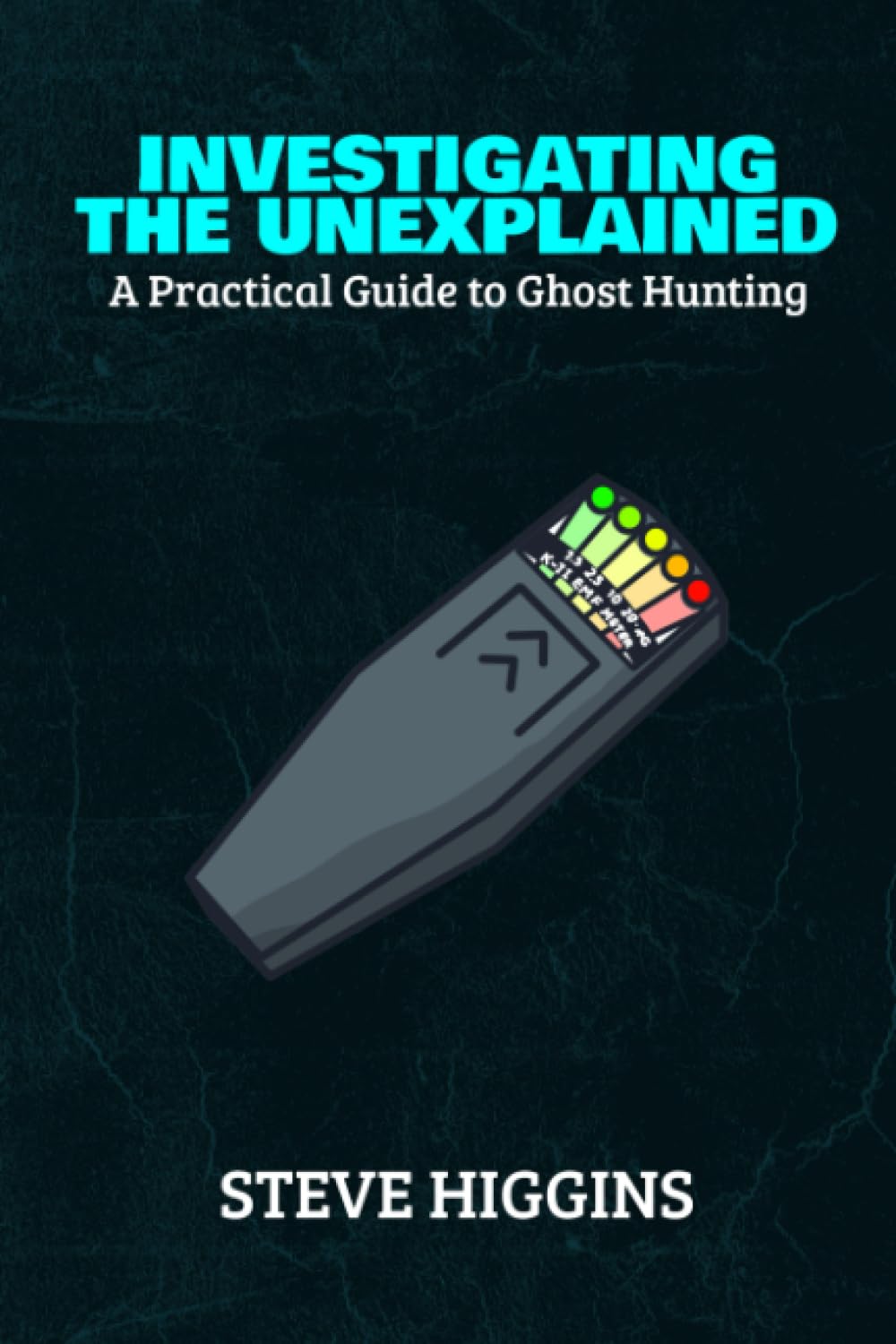
Investigating The Unexplained
Practical advice on conducting paranormal investigations and uncovering the unexplained.
Buy Now
The Ghost Lab: Paranormal Meets Science
A critical examination of ghost hunting tools and their scientific foundations.
Buy NowMore Like This
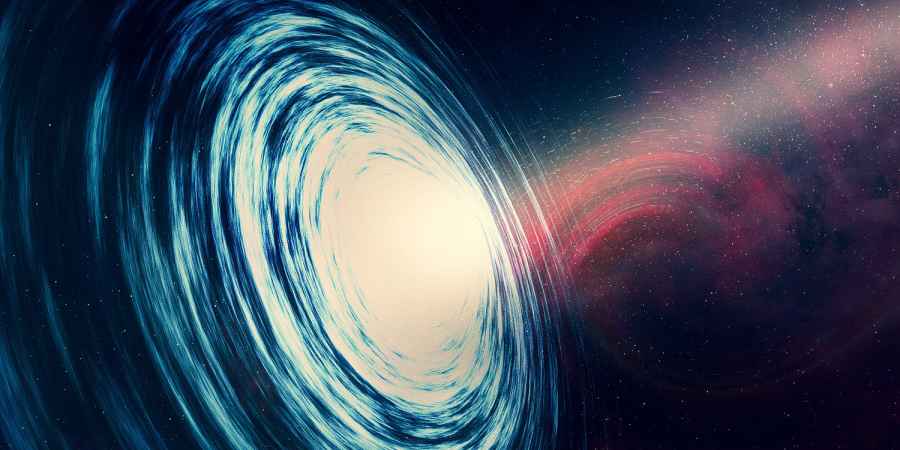
ScienceMarch 10, 2025
What Ghost Hunters Mean When They Talk About Dimensions
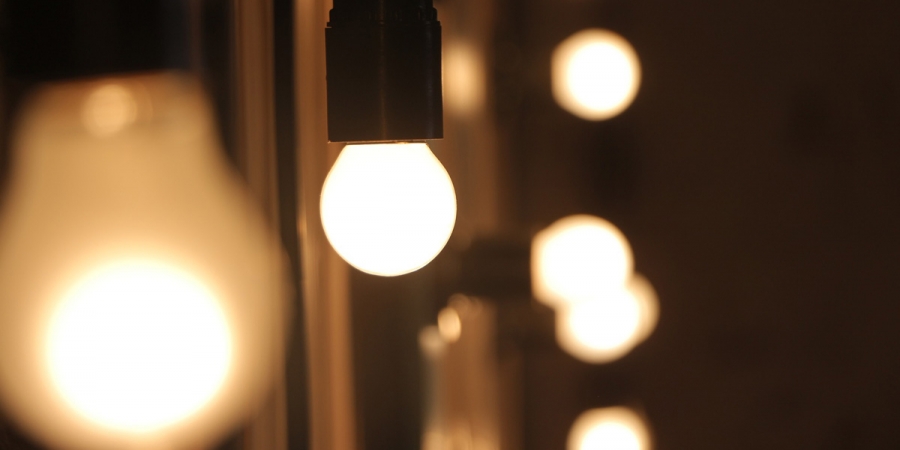
ScienceNovember 25, 2024
Is Zero-Point Energy Being Suppressed By World Governments?
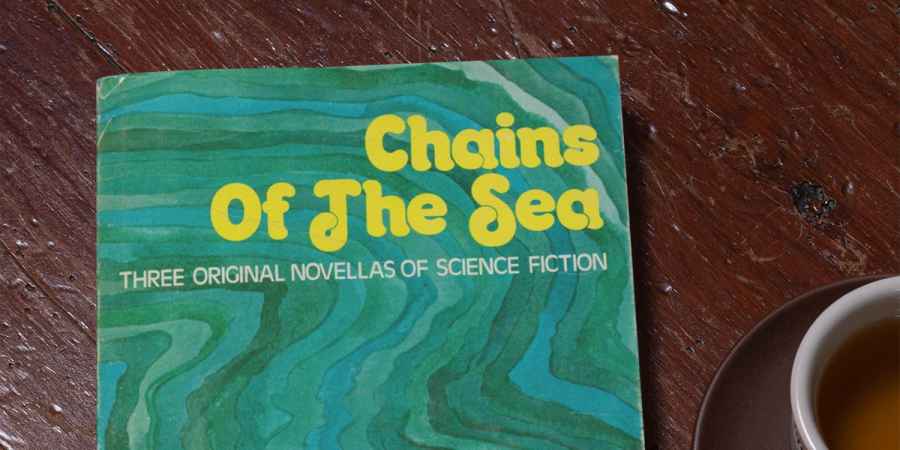
MoviesAugust 28, 2024
Cult Sci-Fi Novella 'Chains Of The Sea' Set For Big-Screen Adaptation
 See More on Audible
See More on Audible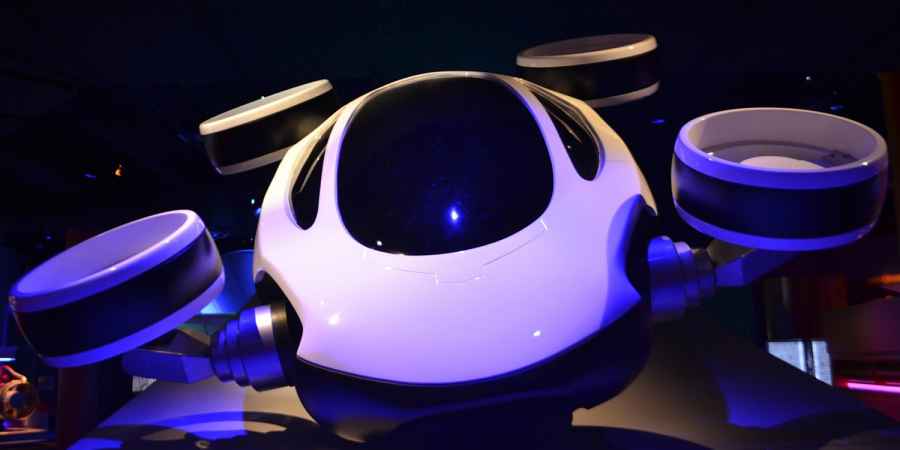

Comments
Want To Join The Conversation?
Sign in or create an account to leave a comment.
Sign In
Create Account
Account Settings
Be the first to comment.